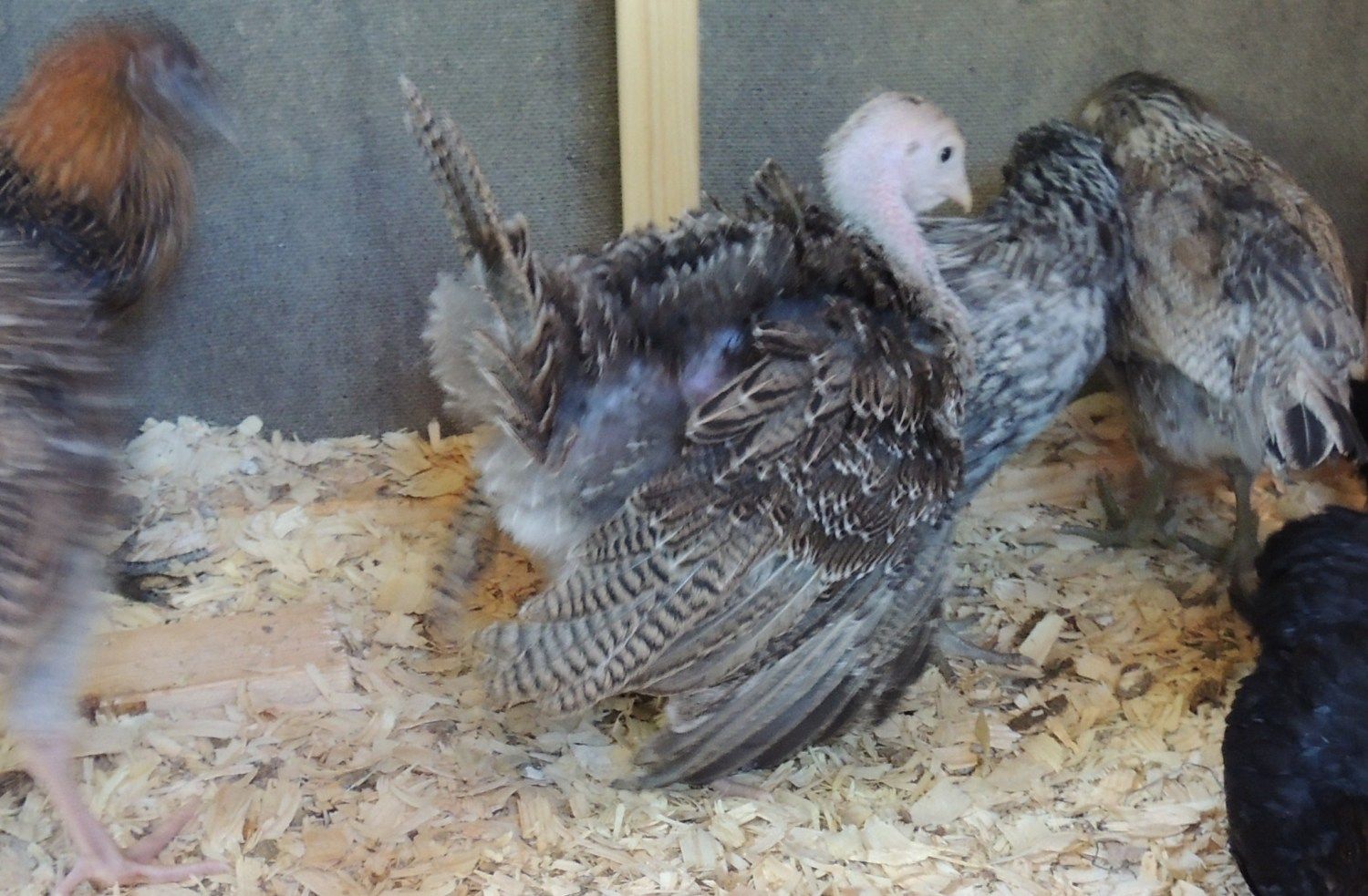- Aug 14, 2010
- 42
- 9
- 84
I getting some turkeys tomorrow, going to the breeder of Heritage birds to select 6. Don't know a thing about raising turkeys but have had great success with my chickens. Spent this week building a run and shed, bought a waterer and feed. I was told to buy the gamebird feed, and limestone, I already provide oyster shell and granite to my hens, can i use the same stuff for both in the future? I am hoping out of the six I get a couple of hens and plan on keeping them and a tom for breeding next year. The poults are now 7 weeks old. So to the question what heritage breed is the best for breeding? I have the choices of Bronze, royal palm and the N one I can't pronouce let alone spell. I do plan on raising 3 for Butcher, out of the ones listed which would be the best duel purpose for breeding and eating? I am aware that heritage turkeys grow slower and do not have the large white meat breast of commercial birds. Also what do I feed and at what age to finnish a bird correctly. What medication should I keep on hand and what type of wormer? I have researched different sites all with conflicting info, figure someone on here can give me the advise i need. I live in what is considered a high desert region south western Idaho on the Oregon Border if that makes a difference on feed. Oh the run is 68 x 72 and the shed is 10x 8 with 6 foot ceiling how many birds can comfortably be in the space? Any info would be greatly appreciated


